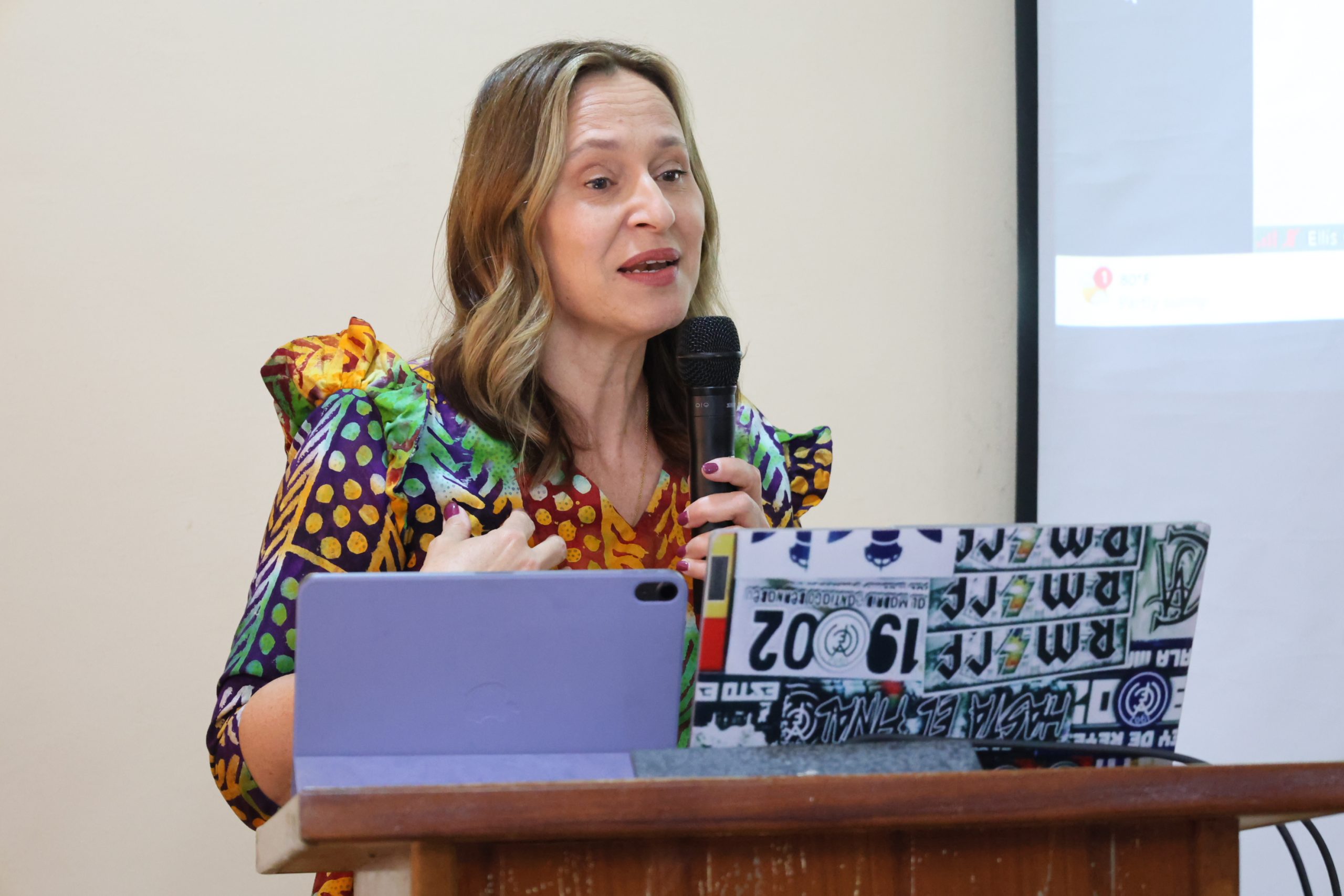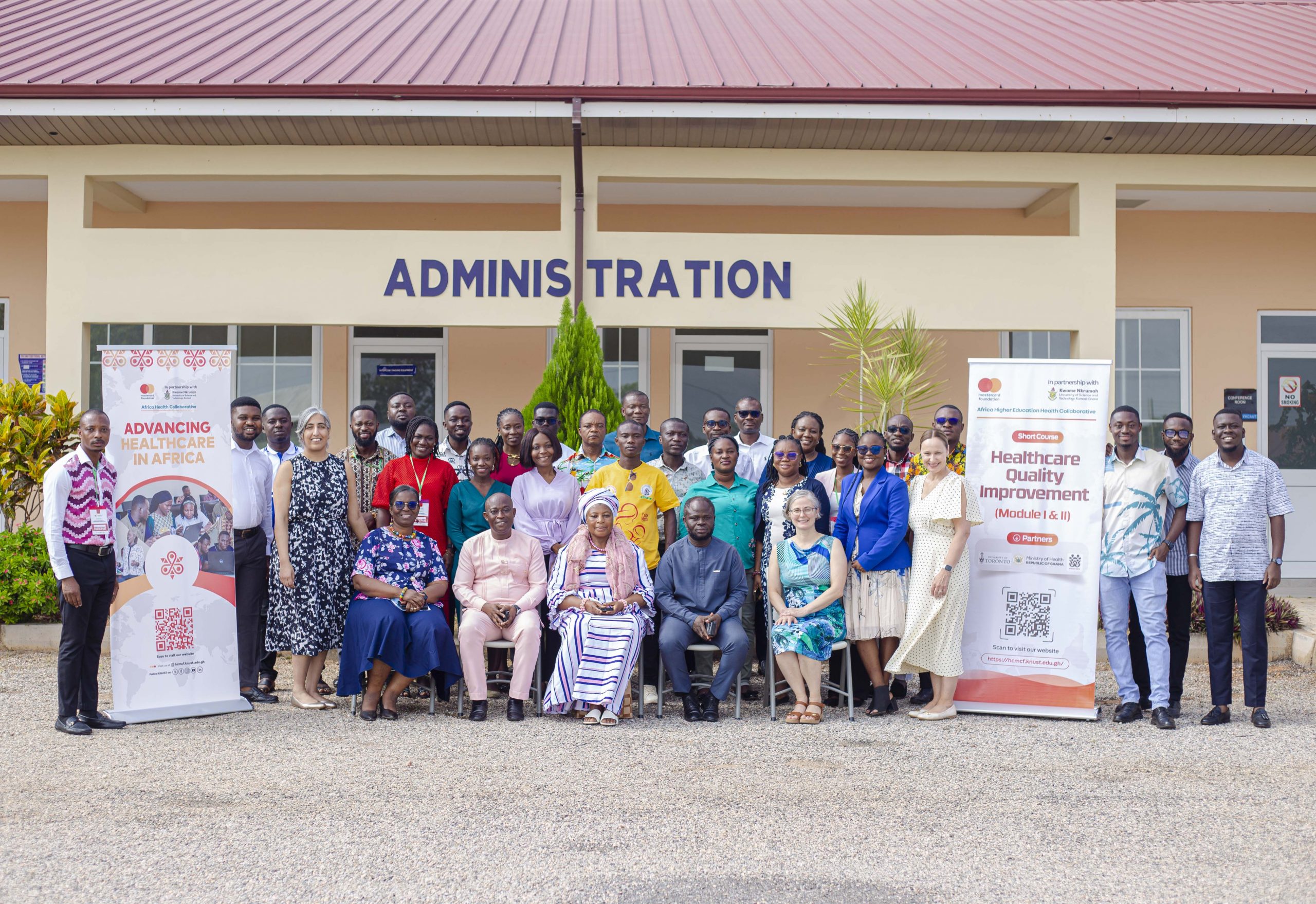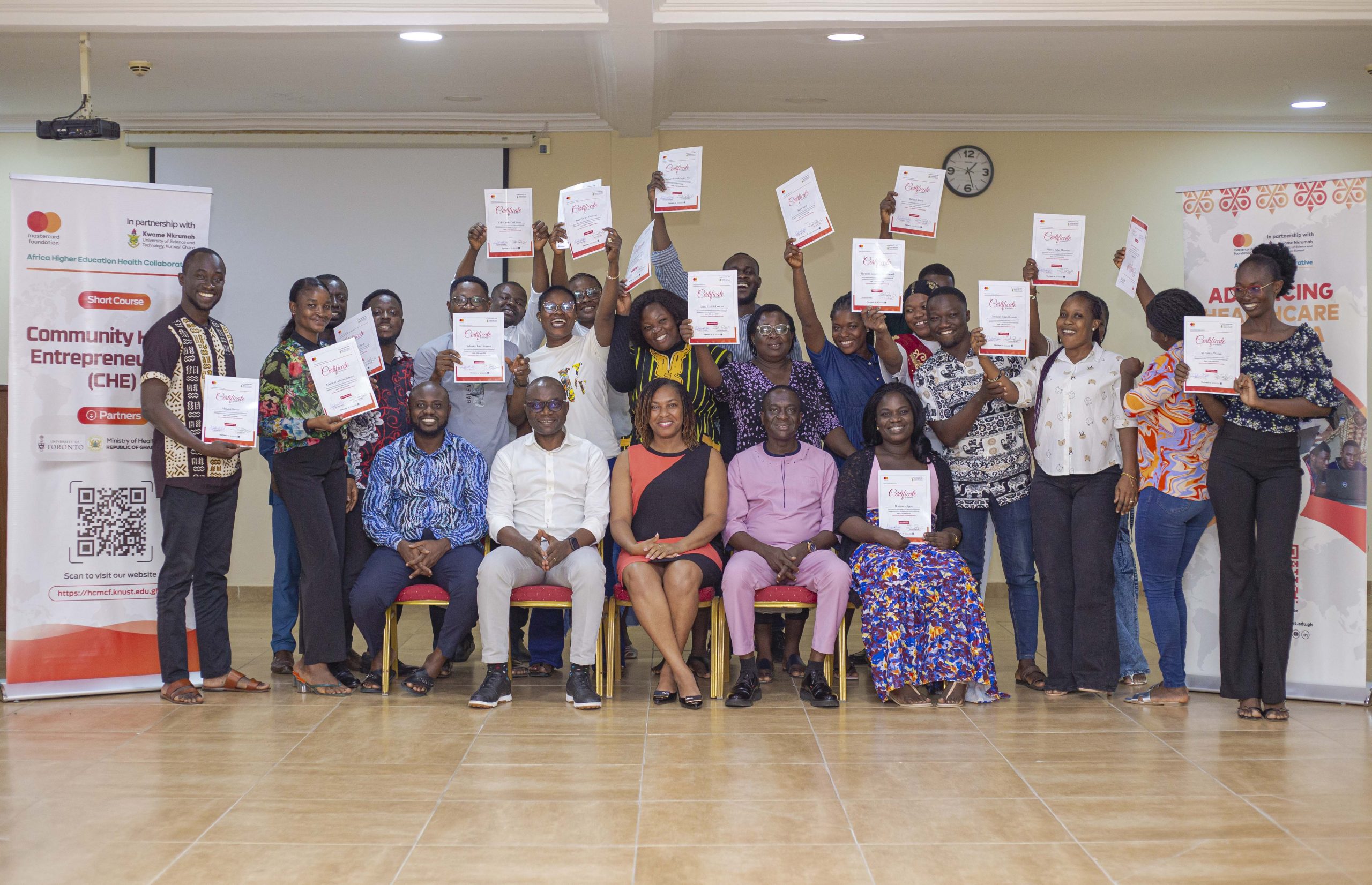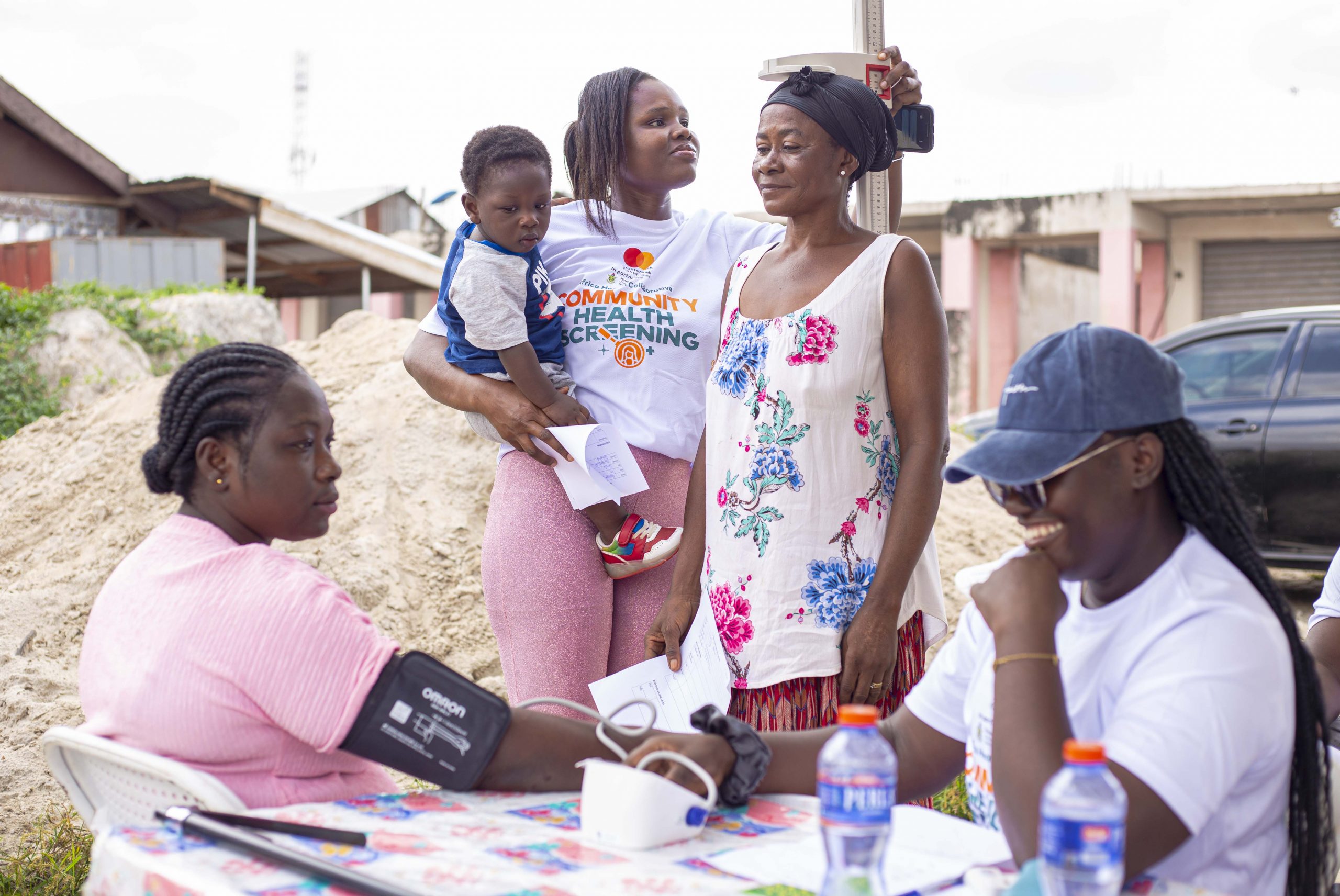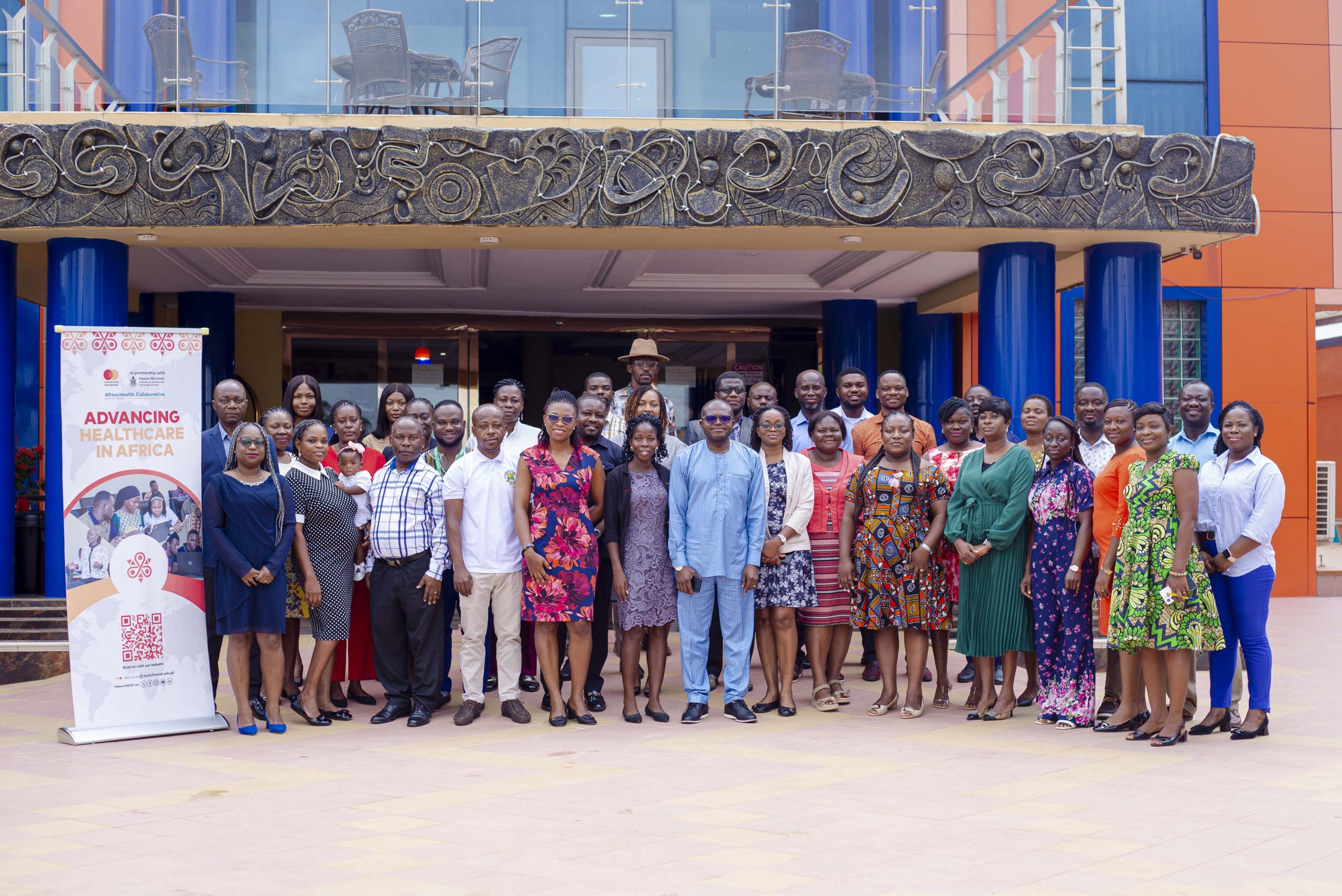Spotting a graceful indigenous-styled straight dress, with yellow wedge shoes and purple nails to match, it’s not difficult to predict her love affair with the continent and particularly Ghana.
Seventeen years ago, when Jennifer thought to give herself sometime to reflect on her career trajectory after medical school, she was already on board a flight to Ghana’s Savanna Region.
The realities of Ghana’s primary health system gave her a stern look, when severe malaria, strangulated hernia and postpartum bleeding “welcomed†her at different health posts.
“On the first day, a mother arrived with a limped baby in her arms. The baby had severe malaria and the baby started to have a seizure. The blood sugar was very low and the nearest hospital was many, many hours away,†she recalled.
“The next day, I was in another small facility when I saw a young man with his friends carrying him into the facility and he was in shock. He had a hypotension because of the strangulated hernia. It was a rainy season and the road to the hospital was washed out.
She continued: “The next day, we were in a remote CHPS compound with only one midwife, and a man came running and said: ‘midwife, midwife, we need your help in the next village’.
“There was a woman there that the midwife has been trying to get her deliver at the facility but her husband wouldn’t allow her to so she delivered at home and was bleeding. So, she was having a postpartum hemorrhage on the floor and she has delivered twins but the traditional birth attendant, who is the mother-in-law didn’t have oxytocin.â€
Shocked by these revelations, Dr. Wilson asked a physician assistant colleague, “How do you do this? How do you survive these emergencies with limited resources?â€
“I’ll never forget what she said to me: ‘Care for the sick is the highest calling, so we do our best with what we have.’â€
Back to Canada and Co-Creation opportunity
Reflecting on her experience in Ghana after returning to Canada, Dr. Wilson considered various interventions, particularly the empowerment of local health personnel.
“I had so many questions about what could be done to prevent needless deaths in Ghana. More importantly for me, the question was: what responsibility do we have toward our colleagues in Ghana?â€
With the advent of Africa Health Collaborative in partnership with the Mastercard Foundation, Dr. Jennifer Wilson knew her long-nurtured dream had finally manifested. The University of Toronto partnered with Kwame Nkrumah University of Science and Technology to roll out a workshop on Community Emergency Care (CEC) under the Collaborative in 2023.
“This course is the answer to my questions and prayers from 17 years ago,†she expressed.
20 make it to cohort II
Last year, twenty health personnel from across the country participated in the inaugural cohort of the week-long workshop, which falls under the Health Employment pillar. This year is no different, but the current beneficiaries were selected from over 270 applicants!
Speaking at the opening ceremony, Dr. Jennifer Wilson, who is leading the University of Toronto team, encouraged, “Congratulations to the participants. You were selected from a very large pool of applicants.
“I hope you engage in this workshop with your minds and your hearts. I hope it will be a week of friendship.â€
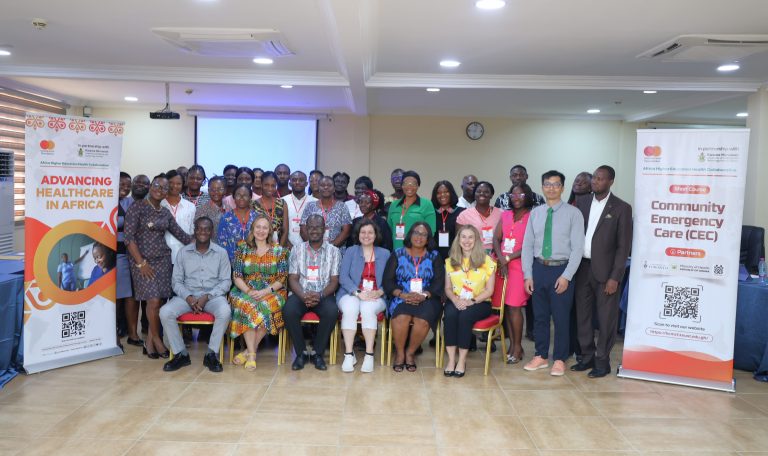
Dr. Nour Khatib, UofT’s lead facilitator, added, “We want to ensure that your learning is insightful and enjoyable, so you can bring it back home.â€
The Ghana team lead, Dr. Daniel Osei-Kwame, reiterated the benefits of the course. “Our aim is not to turn you all into emergency physicians, but to equip you so that when you encounter any emergency situation, you’ll have the confidence to address it.â€
The training will include breakout sessions and practical workshops on emergency trauma care, burns, and injuries, among other topics.
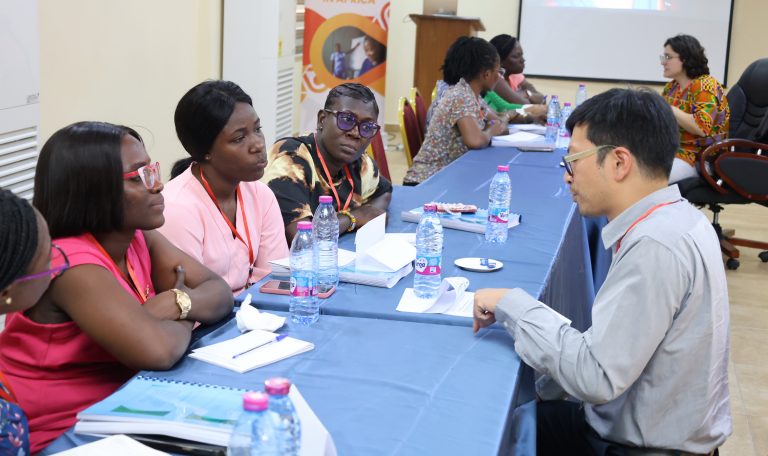
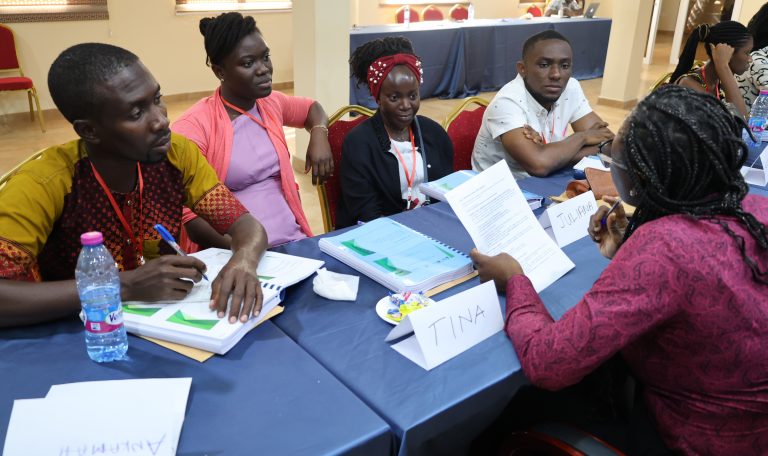
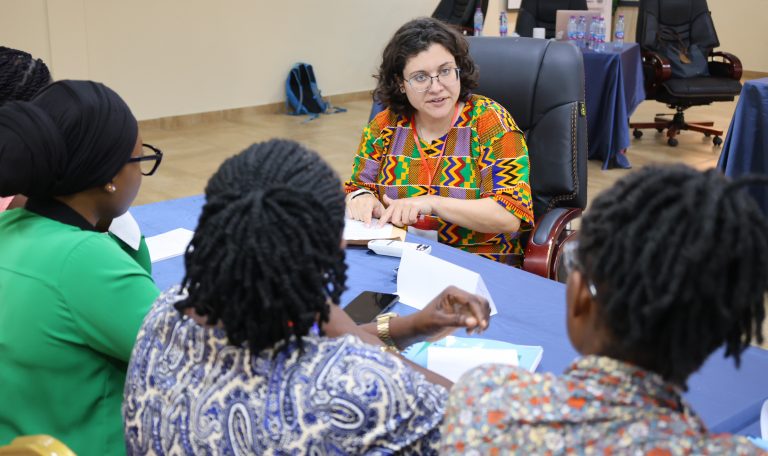
The Principal Investigator of Africa Health Collaborative, KNUST, Prof. Ellis Owusu-Dabo is optimistic of facilitators expertise to spur them on.
“You have the best of facilitators who will empowerment you provide immediate assistance in life-threatening situations. And you’ll be confident to respond,” he said.
Health Employment pillar lead, Dr. Kofi Akohene Mensah stressed the training’s recognition by professional health bodies towards continuous professional Development points.
